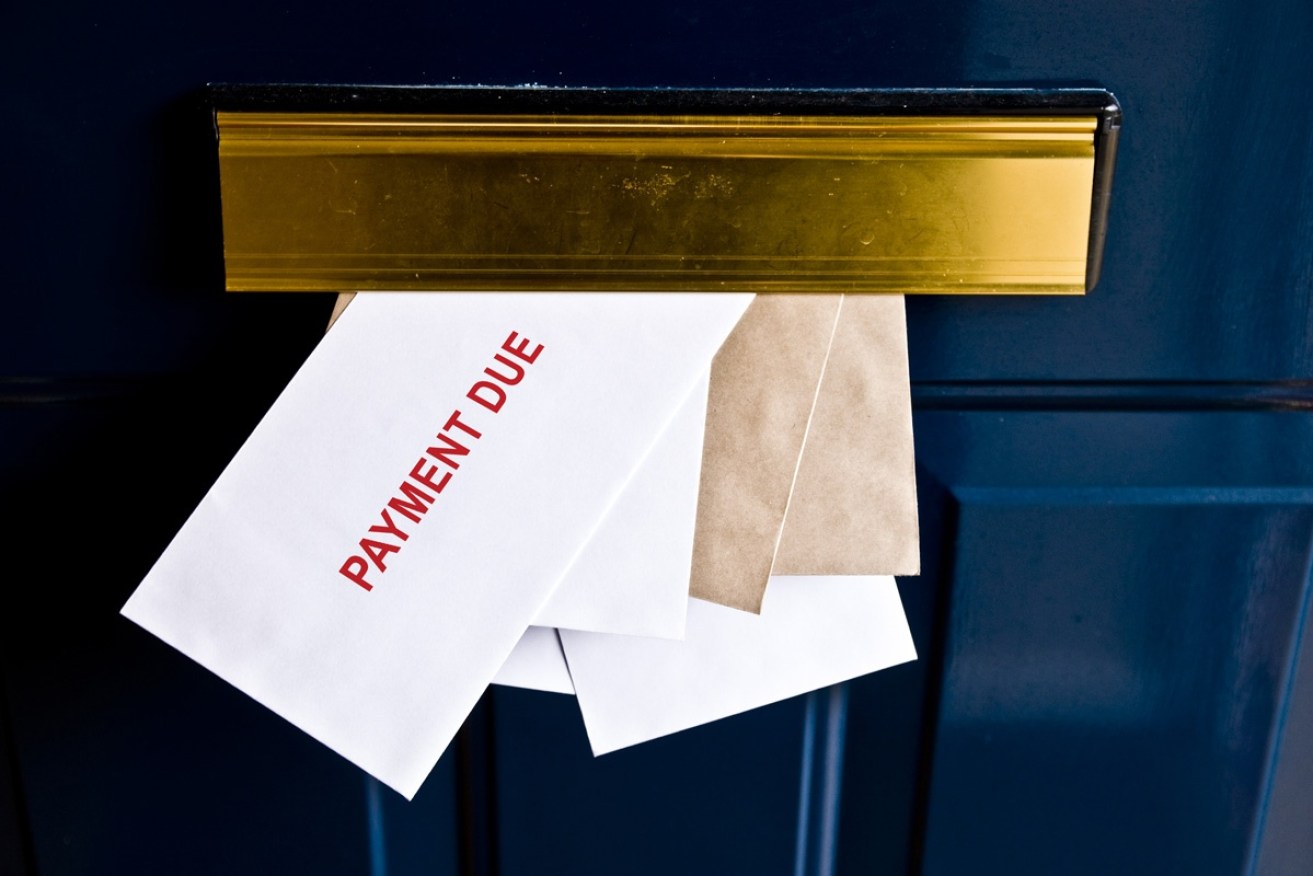The fine print of payday loans and buy now, pay later services is catching out Australians


Payday lenders and other non-traditional credit products don't give consumers the same rights as personal loans or mortgages. Photo: Getty
Vulnerable Australians are being placed at risk of serious financial hardship by payday lenders and similar services, and more needs to be done to safeguard their rights when things go awry.
Payday loans, consumer leases and ‘buy now, pay later’ services such as Afterpay and ZipPay don’t sit in the same legal framework as traditional credit products like car loans or mortgages.
But a senate standing committee on economics has heard that consumers are often unaware of the distinction between different products and their rights with each.
Paul Holmes, a senior consumer protection lawyer with Legal Aid Queensland, told the inquiry into credit and financial services targeted at Australians at risk of financial hardship on Tuesday that most consumers just see a financial product, and don’t differentiate between different types of financing.
“They think they have the same rights with each if something goes wrong, but that’s not true,” Mr Holmes said.
The National Credit Code, which regulates most credit-type financial products, only applies in cases where the lender “is in the business of providing credit”, there’s a charge for the services, and the credit is provided for “personal, domestic or household purposes” or to buy, renovate, or re-finance an investment property.
The terms of the code also specify that “low-cost, short-term credit (less than 62 days)” aren’t covered.
This is rarely considered by consumers using these services, Mr Holmes said, with many not considering the cost of taking out credit through one of these providers until weeks after they’ve signed.
“In this space, what we’re dealing with is a cohort who are in crisis and vulnerable; they’re not going to take that information in,” he said.
“This is about finding a way to pay a bill that’s due in two days … the price consideration doesn’t happen in the here and now, it’s in two weeks’ time when they’ve had time to sit down and think about it.”
Law doesn’t ensure ‘complaints are handled properly’
Responding to questions from The New Daily, a spokesperson for the Australian Financial Complaints Authority (AFCA) expressed similar concerns.
“In our view, consumers of these services would not readily understand or appreciate that they are not dealing with a licensed business, given that the services provided relate to credit,” the spokesperson said.
“Nor should consumers have to rely on the business voluntarily deciding to join AFCA, especially when the decision to cease being a member rests with the business rather than the consumer.”
If consumers have a complaint against a business that does not voluntarily join the AFCA regime, they won’t be able to use AFCA’s free external dispute resolution process.
In a submission made to the inquiry, AFCA emphasised the importance of providing customers of these businesses with access to dispute resolution services, and “supports the call” for mandatory AFCA memberships.
Six ‘buy now, pay later’ providers have voluntarily joined the AFCA regime: Afterpay, ZipPay, Certegy Ezi-Pay, Oxipay, BrightePay and Openpay.
Approval process should be slowed
Deakin University consumer behaviour lecturer Dr Paul Harrison told the senate committee one way to better protect consumers is to change the approval process for applicants using these services.
“The critical issue is the speed with which consumers move through the online environment, as opposed to the traditional bricks-and-mortar or face-to-face experience,” he said.
Dr Harrison suggested introducing a ‘double opt-in’ process in which applicants would have to call up the service provider at least 24 hours after initially signing a contract or that contract would lapse – “this way consumers will only commit if the product is good”.
Dr Harrison said introducing a small upfront fee could have a profound effect on people’s decision to use non-traditional credit services.
“Telling people to consider the consequences before signing up for things doesn’t have much effect,” he said.
“Charging people a $10 upfront fee might help by showing there are direct consequences.”








